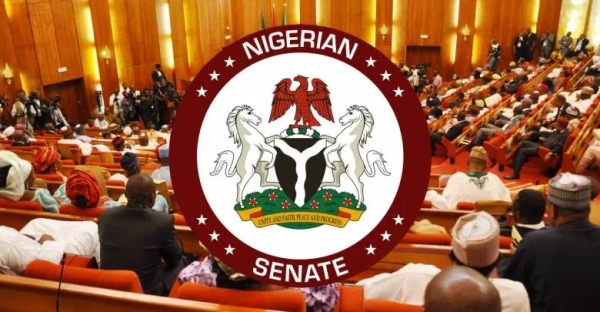By Ayomide Otitoju
The United States government has issued a new travel advisory, urging its citizens to reconsider travel to Nigeria due to escalating security threats and substandard healthcare infrastructure.
Published on the website of the U.S. Mission in Nigeria, the advisory places Nigeria under Level 3 of Washington’s four-tier global travel alert system, which ranges from Level 1 (Exercise Normal Precautions) to Level 4 (Do Not Travel). Nigeria’s designation comes amid a broader security reassessment for African countries, with 11 others also marked as high-risk zones.
“All areas of Nigeria carry a significant security risk,” the advisory warns. While not imposing an outright travel ban, the U.S. government advises extreme caution, especially in volatile regions, and explicitly lists 18 states deemed most dangerous due to terrorism, kidnapping, and violent crime.
States such as Borno, Yobe, Kogi, and northern Adamawa were cited for terrorism and kidnapping risks. Others, including Bauchi, Kaduna, Katsina, Zamfara, Abia, Delta, and Rivers (excluding Port Harcourt), were flagged for criminal activity and armed gang violence.
The advisory highlighted a surge in violent crimes, including armed robbery, carjacking, kidnapping for ransom, and roadside banditry. It noted that dual nationals and U.S. citizens perceived to be wealthy are often targeted, particularly along interstate routes.
“Terrorists may attack with little or no warning,” the notice added, listing malls, hotels, schools, markets, and places of worship among potential targets. It also expressed concern over communal clashes, particularly in rural areas where farmer-herder tensions persist.
The advisory also stressed serious limitations in Nigeria’s healthcare system. It warned that local hospitals often lack adequate equipment, trained personnel, and essential medicines — including treatments for diabetes and asthma — and typically require upfront cash payments.
“Emergency services comparable to those in the U.S. or Europe do not exist,” the statement said, advising travelers to bring sufficient prescription medications and update vaccinations, including for yellow fever, typhoid, and hepatitis.
In conclusion, the U.S. government strongly recommended that travelers obtain comprehensive insurance coverage, including for medical evacuation, before visiting Nigeria.









